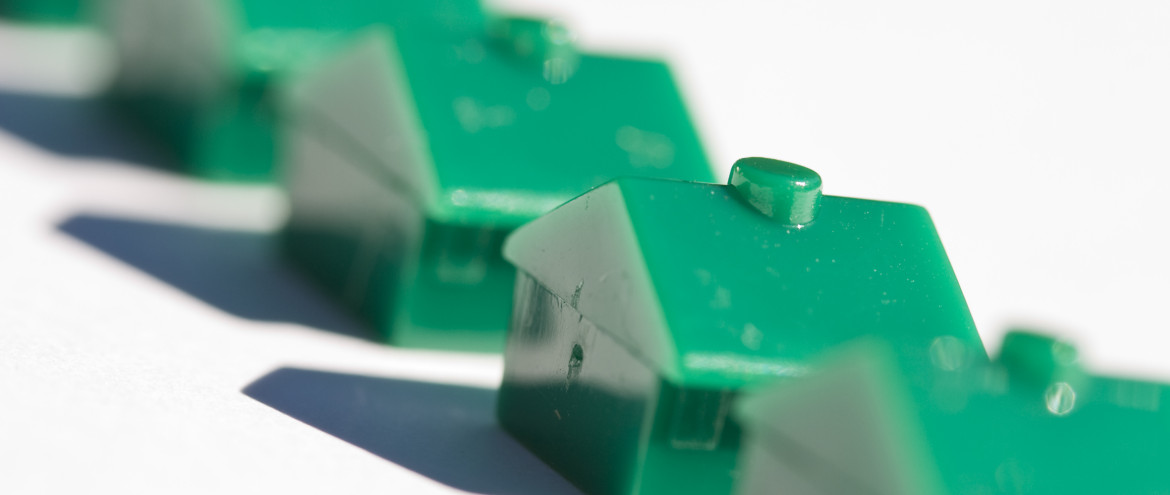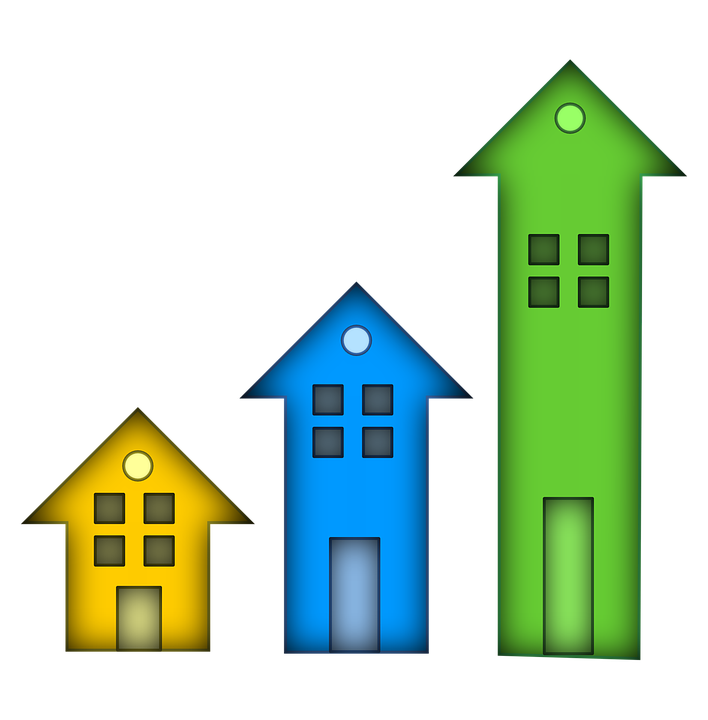The biggest debt you will ever have will probably be your mortgage. It will eat up a lot of your earned income over the years, so you want to get the best rate possible on that mortgage. It makes sense to pay attention to this and do what you can to get a low rate.
To bring down that interest rate, you need to understand which factors affect your mortgage interest rate. Here are those factors dissected in detail.
Price of the Home
When you are working out how much you need to borrow, you simply take away the price of the home and take away the down payment. This gives you the exact sum that you will need to borrow from the lender. This will then affect how large the interest rate on the mortgage is. The largest interest rates tend to be attached to those mortgages that are particularly large or particularly small. This is something to keep in mind. You get the best deal if you are borrowing an amount that is somewhere in the middle. Remember this when you are looking at how much you intend to spend on the home
The Term
The term of your mortgage refers to how long you have to pay back the money you borrowed from the creditor. The shorter term mortgages tend to be the ones that have the best interest rates, meaning that the overall costs that you incur will be lower too. But the thing with short terms is that they also tend to come with higher monthly repayments. This is logical because the mortgage will be paid off more quickly, meaning that the payments have to be larger. If you are happy to pay higher monthly repayments, it could be a great idea to opt for a shorter term.
Type of Interest Rate
There are two main types of interest rate. The first is fixed, and the other is variable. Fixed rate mortgages don’t change at all. They stay exactly the same as when you took out the mortgage. Variable rate mortgages, on the other hand, have a fixed period to begin with, but after that, they change in accordance with the market. You tend to get the best interest rate when you opt for a variable rate mortgage option. The risk is that the rate will rise later on because it changes depending on market activity. There are pros and cons attached to each of them, so weigh up the two options.
The Down Payment
The best thing you can do to lower the interest rate that you will pay is make a larger down payment. The more money you pay up front, the lower the interest rate will be. It’s a pretty simple equation, so make sure you keep it in mind. This is why it’s often so much better to wait before getting a mortgage. Having time to save up that down payment can help a lot. If you can come up with a 20% down payment, or even more, then this can be a great thing for your long-term finances. The smaller the down payment, the higher the interest rate will be set at.
Your Credit Score
Having a poor credit score will also mean that your interest rate will be higher. Creditors take your credit score very seriously when they are assessing your mortgage application. And if they find something that they don’t like the look of, they will not give you a very favourable interest rate. So, before you apply for that mortgage, you should do everything you can to improve your credit score. If you have some problems and you need to repair your score, there are companies that can help. Read these Sky Blue credit repair reviews and see if that route could help you. When your credit score is better, the interest rate will be lower.
The Home’s Location
Where the home is located can also have a big impact on the interest rate. Different lenders in different parts of the country will have different rules and procedures. These can affect how much you end up paying in interest. The type of home can also have an impact. For example, you will pay a different interest rate if you are buying a home that is going to be rented out. And mobile homes, condos and other alternative types of home might have lower interest rates. You need to do as much research on the location and type of property before you apply for your mortgage.











Comments are closed.